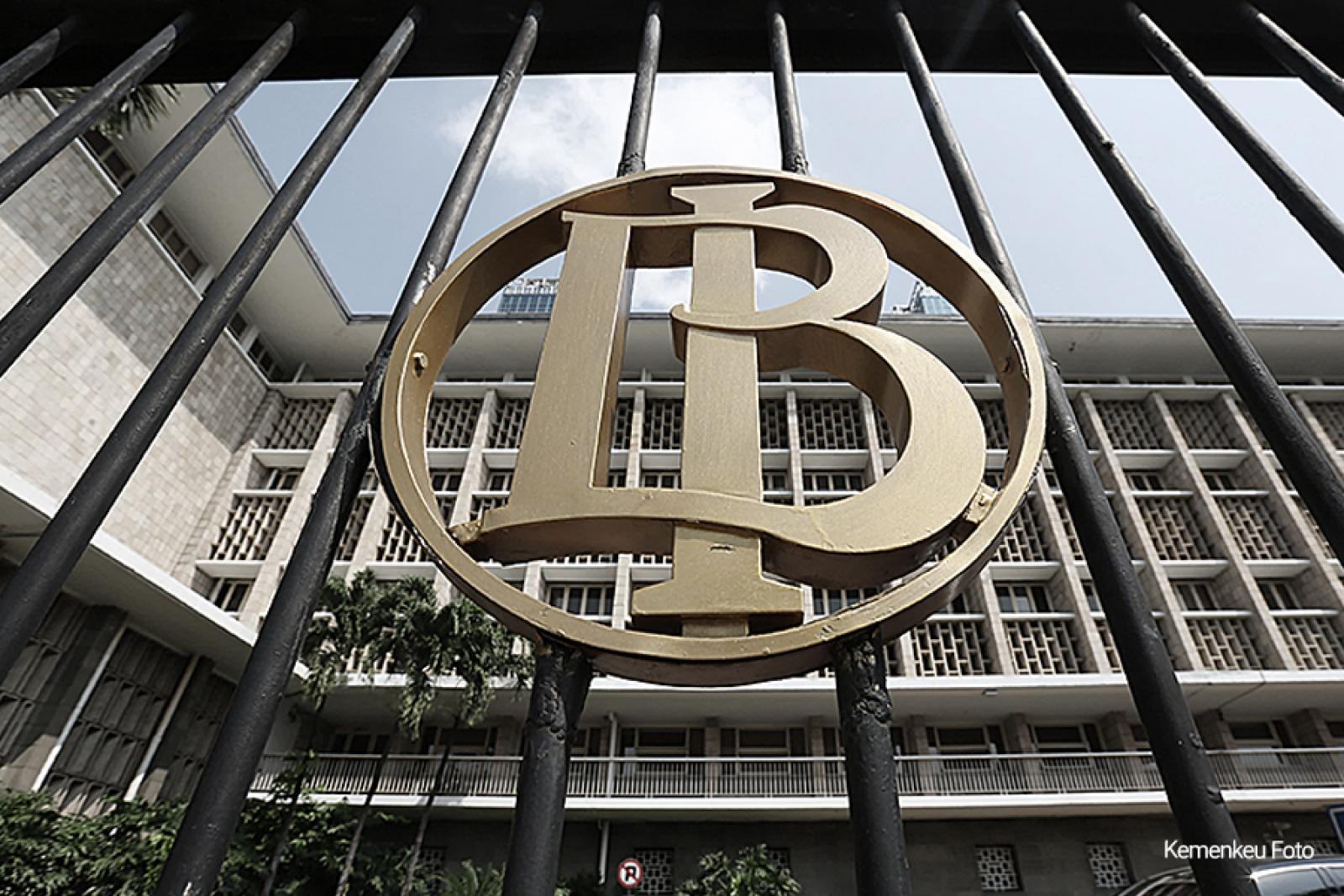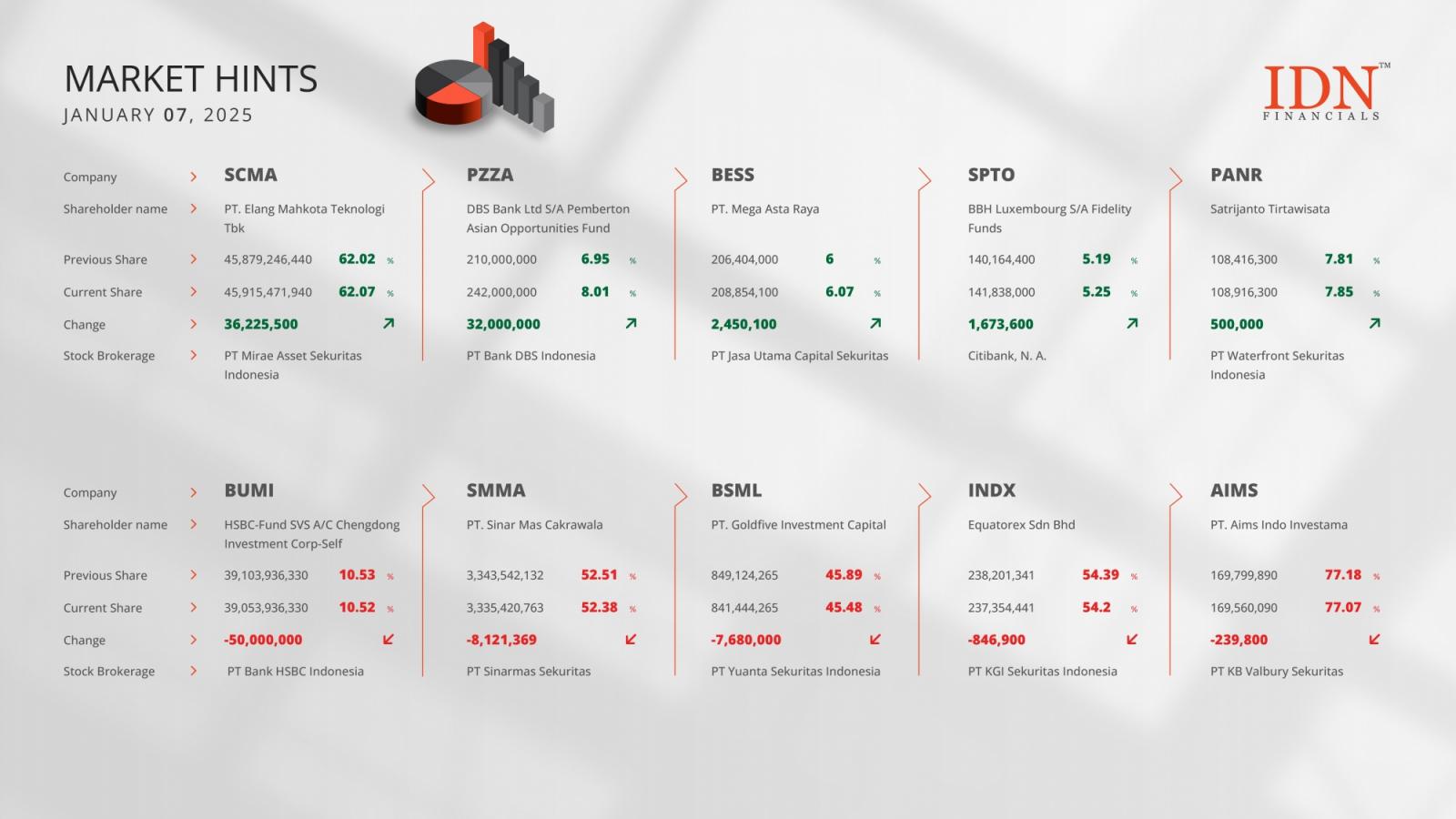There are three main types of bonds:
1.Corporate bonds are debt securities issued by private and public corporations.Some common types of corporate bonds include:
Investment-grade.These bonds have a higher credit rating,implying less credit risk,than high-yield corporate bonds.
High-yield.These bonds have a lower credit rating,implying higher credit risk,than investment-grade bonds and,therefore,offer higher interest rates in return for the increased risk.
2.Municipal bonds,called“munis,”are debt securities issued by states,cities,counties and other government entities.Types of“munis”include:
General obligation bonds.Refers to bonds issued by a state or local government that are payable from either an issuer’s general fund or specific taxes(usually property tax).The precise source and priority of payment for general obligation bonds may vary among issuers depending on applicable state and local laws.General obligation bonds issued by local governments are often payable only from property taxes while general obligation bonds issued by states are often said to entail the full faith and credit(and in many cases the full taxing power)of the issuer.
Revenue bonds.Instead of taxes,these bonds are backed by revenues from a specific project or source,such as highway tolls or lease fees.Some revenue bonds are“non-recourse,”meaning that if the revenue stream dries up,the bondholders do not have a claim on the underlying revenue source.
Conduit bonds.Governments sometimes issue municipal bonds on behalf of private entities such as non-profit colleges or hospitals.These“conduit”borrowers typically agree to repay the issuer,who pays the interest and principal on the bonds.If the conduit borrower fails to make a payment,the issuer usually is not required to pay the bondholders.
3.U.S.Treasuries are issued by the U.S.Department of the Treasury on behalf of the U.S.government.They carry the full faith and credit of the U.S.government,making them a safe and popular investment.Types of U.S.Treasury debt include:
Treasury Bills.Short-term securities maturing in a few days to 52 weeks
Notes.Longer-term securities maturing within ten years
Bonds.Long-term securities that typically mature in 30 years and pay interest every six months
TIPS.Treasury Inflation-Protected Securities are notes and bonds whose principal is adjusted based on changes in the Consumer Price Index.TIPS pay interest every six months and are issued with maturities of five,ten,and 30 years.






